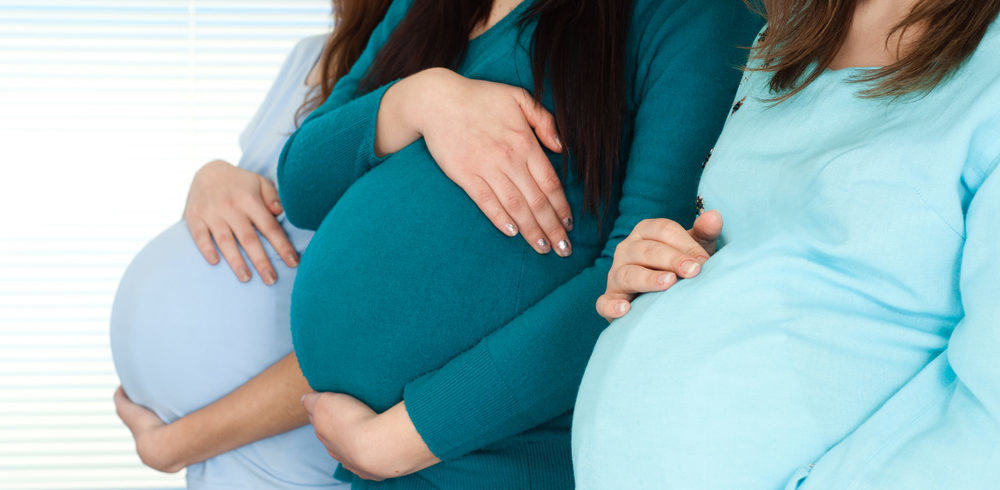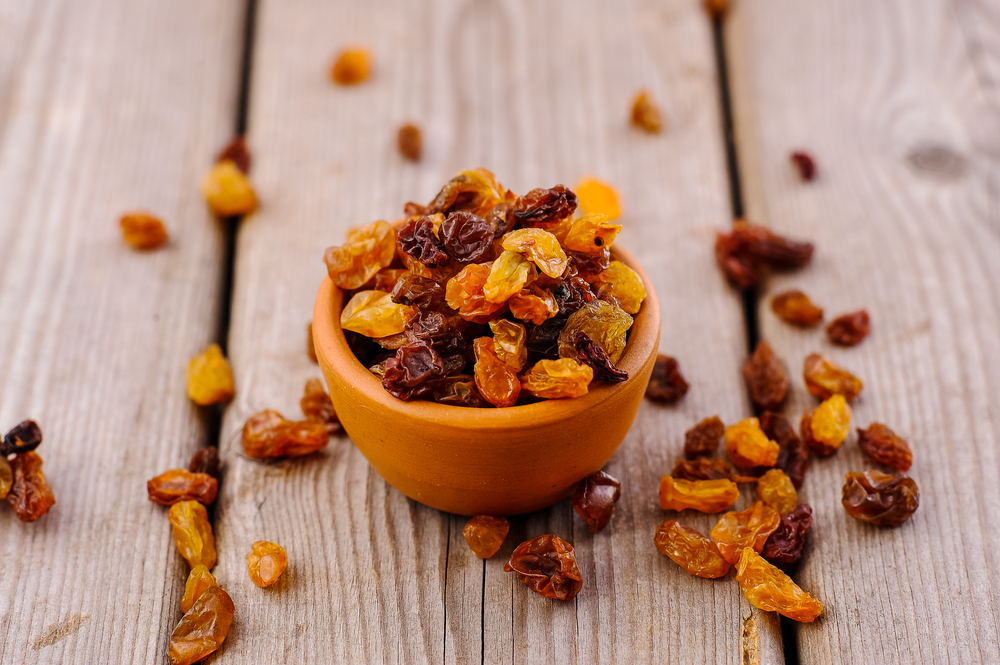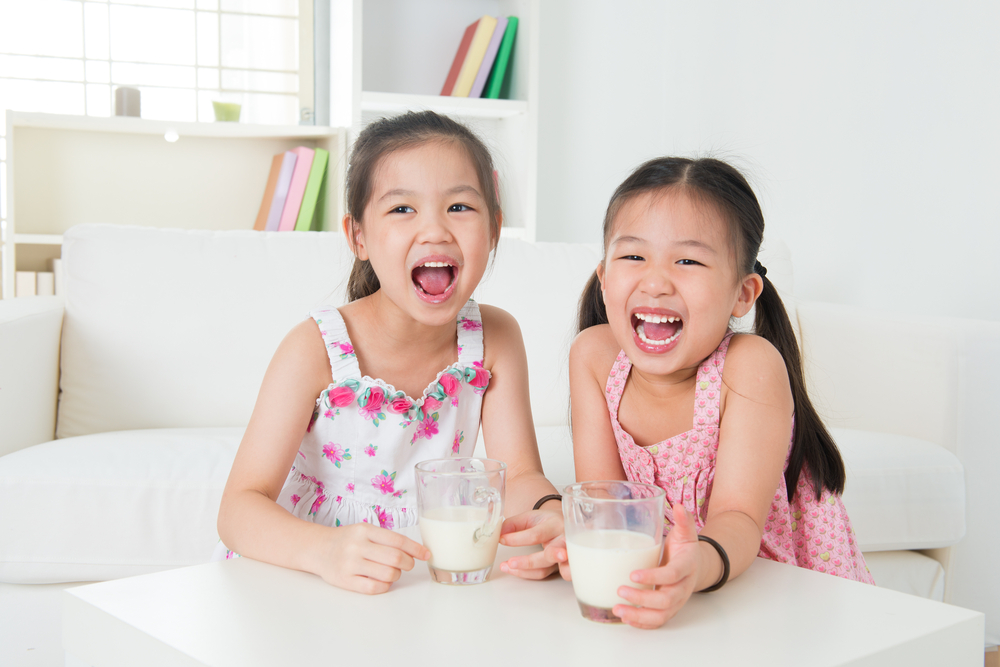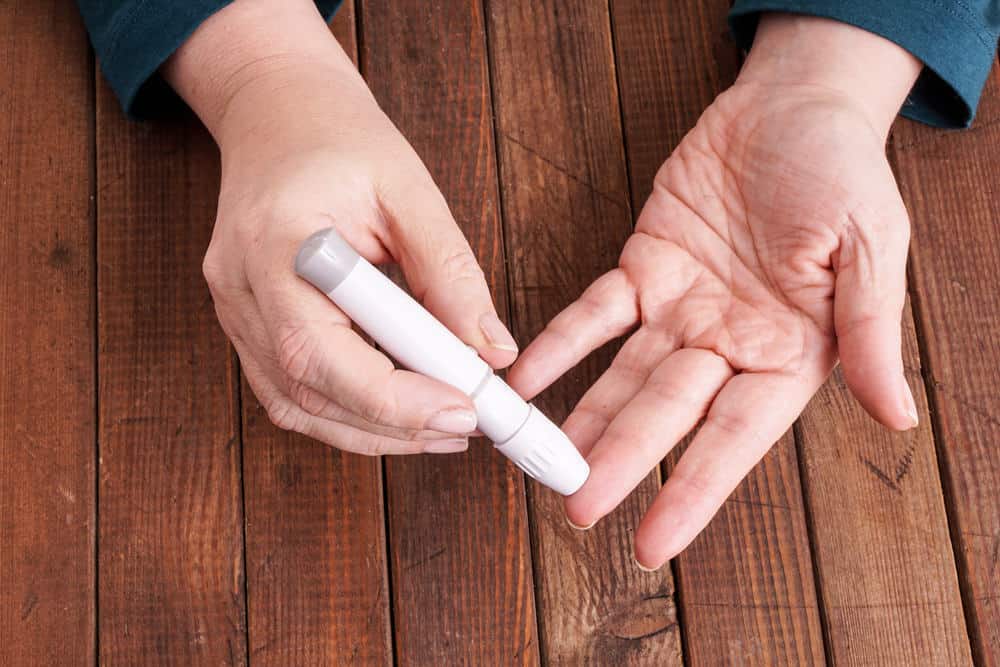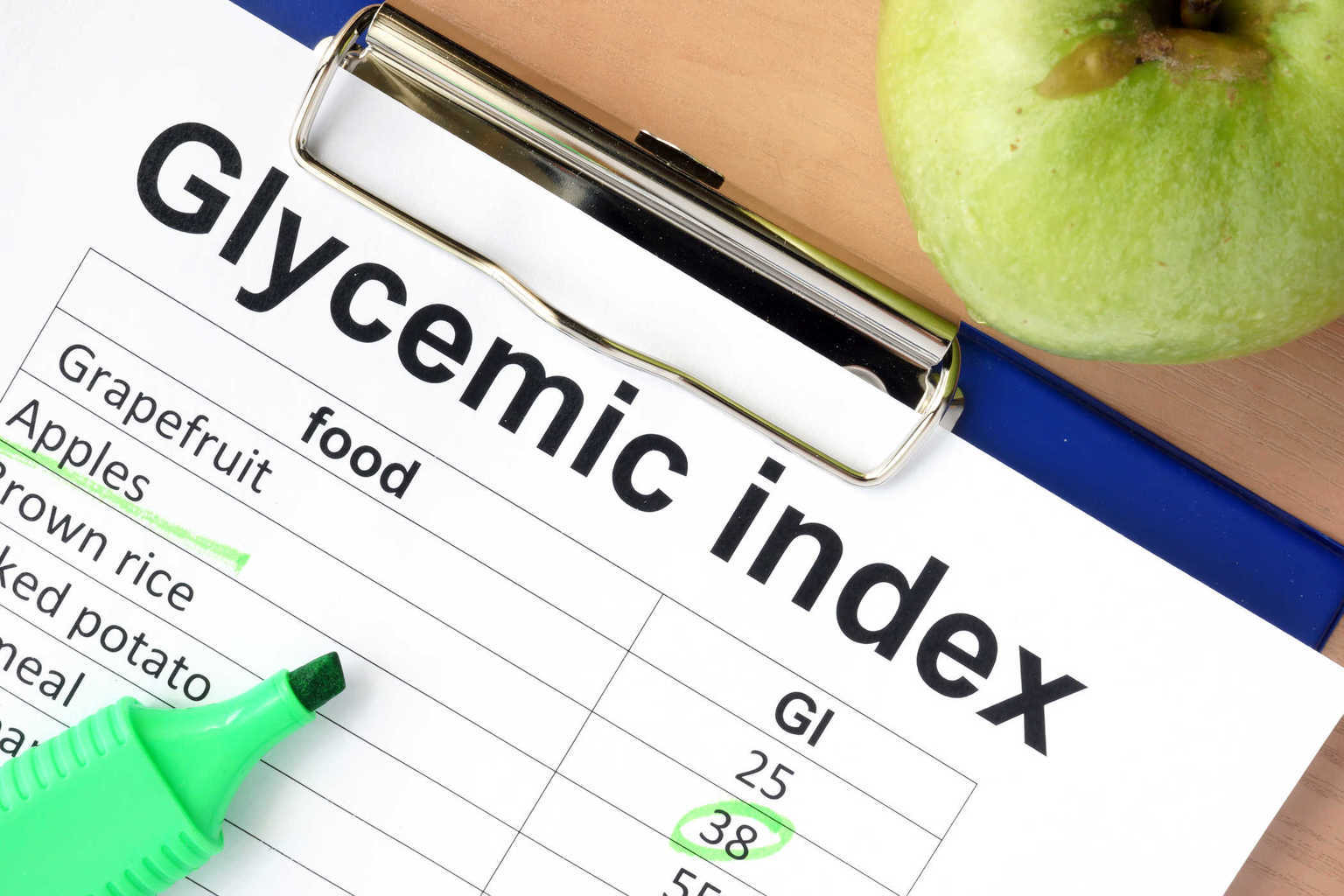Contents:
- Medical Video: Babies after 30 : Health Risks of Mid Life Pregnancy
- Plus minus pregnancy at various ages
- Pregnancy in your 20s
- Pregnancy in your 30s
- Pregnancy at the age of more than 35
- Pregnancy at the age of more than 40
- Age more than 45
Medical Video: Babies after 30 : Health Risks of Mid Life Pregnancy
Age may be a consideration when deciding to get pregnant. For some women, age may not be a problem when their health is maintained. However, in general, the older a woman is when she is pregnant, the greater the risk for her health and pregnancy.
Plus minus pregnancy at various ages
Even though older pregnant women can still maintain their health and pregnancy, they still have an increased risk of health conditions. Older pregnant women have an increased risk of complications, such as gestational diabetes and high blood pressure which will affect their pregnancy. Even the most unwanted can occur, namely miscarriage. Well, before you plan a pregnancy, you should first know plus minus pregnancy at various ages.
Pregnancy in your 20s
Plus:
This is a woman's fertile age so that it is the best time to get pregnant. Physically, a woman's body condition is prime to experience pregnancy at this age. The risk of complications during pregnancy, such as gestational diabetes, high blood pressure, and miscarriage is still low. Research shows that in the 20s the risk of developing gestational diabetes is half the rate of women who are pregnant at 40 years of age. The rate of miscarriage at this age is still low, around 9.5%. Babies are also less likely to experience birth defects, such as Down syndrome (1 in 1667 births) or other chromosomal abnormalities (1 in 526 births). This is because the egg cells are still relatively young so the level of vulnerability to chromosomal abnormalities is still small.
At the age of 20, you have about 20% chance every month to get pregnant after having sex. If you routinely exercise and maintain your diet, the process of childbirth will run more easily and you can more quickly restore your body shape as usual compared to older pregnant women.
Minus:
However, the minus is that some women may not be emotionally prepared to get pregnant. At this age, usually most women still focus on marriage and career compared to other parts of their lives. Presenting a third person to a newly built small family may be difficult for some women. In addition, some women in their 20s may not want their body shape to change after pregnancy and while breastfeeding. Body image problems during pregnancy may be a big problem for most women in their 20s compared to the age of older women.
Pregnancy in your 30s
Plus:
Stepping on the age of 30, your fertility rate begins to decline gradually. However, if you plan to have children by IVF or in vitro fertilization (IVF), the success rate is higher than in older ages.
Based on research, women who gave birth to their first child at the age of 34 years, will be 14 years younger than women who already have children at the age of 18 on the health side. In other words, women who have children in their late teens can develop more health problems than women who have their first child at the age of 30. This is because women who have children at the age of 30 are better able to protect themselves from work, relationship, and financial stresses or stress that make them vulnerable to biological and psychological health problems.
The 30s still have a lot of stamina and good quality in raising children. Emotionally, women in their 30s know themselves better than women in their 20s. In addition, having children in their 30s in terms of economic conditions might be better than those in their 20s because you have more time to advance your career and prepare your finances.
Minus:
However, in the early 30s, the chance to get pregnant was slightly lower than in your 20s. The miscarriage rate at this age is slightly higher than in the 20s, around 12%. Down syndrome events (1 in 952 births) or other chromosomal abnormalities (1 in 385 births) in babies born to women in their 30s are also slightly higher than women in their 20s. Also, the rate of childbirth by caesarean section is twice as high in pregnant women aged 30-34 years compared to pregnant women in their 20s.
Pregnancy at the age of more than 35
Plus:The chance for you to have twins or more increases at this age. This can happen because your age is more mature, so levels of follicle-stimulating hormone (FSH) increase. When this hormone surge occurs, it is possible that you can release more than one egg during the cycle, increasing the chances of multiple births. So older women have fewer opportunities to get pregnant, but if they are pregnant, they are more likely to have twins.
Minus:
After more than 35 years of age, fertility decreases so that women have difficulty getting pregnant. The risk for experiencing complications during pregnancy also increases. The risk of developing high blood pressure during pregnancy increases to double and the risk of developing gestational diabetes increases two to three times in pregnant women over 35 years of age. Even the risk is higher in women who are overweight. The risk of birth by caesarean section also increases at this age.
The risk of miscarriage increases in gestational age over 35 years, which is equal to 18%. The risk of stillbirth is also increased in women over 35 years compared to younger women. The risk of babies born with Down syndrome or other chromosomal disorders also increases at this age. You can find out if your baby has chromosomal abnormalities through prenatal screening, but you cannot prevent this from happening during pregnancy.
Pregnancy at the age of more than 40
Plus:
A new study shows that babies born to women over the age of 40 tend to live longer than those who don't. The theory that might explain this is that estrogen, which is still widely produced in fertile women, has an extended life effect on the heart, bones, and other organs. However, less than 1% of women ages 40-44 have babies. The possibility of getting pregnant after 40 years of age decreases to only 5% every month.
Minus:
Pregnancy at this age increases the likelihood of constipation, pressure on the bladder, tissue in the uterus and loose vagina, and also sagging breasts. You can minimize this impact by not being overweight during pregnancy and keeping your body active by exercising. How well your pregnancy is healthy in your 40s depends on a number of factors, such as your fitness level, a healthy lifestyle, and whether this is your first baby.
Miscarriage also increases at this age. This can be caused by the condition of the egg that is not as good as when you were young, the uterine wall is not thick enough, or the blood supply to the uterus is insufficient. The risk of miscarriage can also occur because of placenta previa (the placenta is located low in the uterus) and placental abruption (placenta detached from the uterine wall) also increases. The risk of babies having low birth weight (LBW) also increases. In addition, the risk of babies having Down syndrome (1 in 106 births) or other chromosomal abnormalities (1 in 66 births) also increases. This risk will continue to increase at an older age.
At age 40, you may have more maturity and patience than you were in your 20s. But you will have an older age when your child has grown up and entered the school world, maybe this does not give you comfort.
Age more than 45
Minus:
The opportunity to have a baby at this age is very small. In fact, the percentage of women who have babies at this age is only 3%. More than half of women who successfully get pregnant at this age through the process of IVF and with donor eggs.
Unfortunately, more than half of all pregnancies in women over the age of 45 experience a miscarriage before the age of 20 weeks of pregnancy. The risk of stillbirth is twice that of women who are pregnant in their 20s. The risk of babies experiencing Down syndrome (1 in 30 births) and other chromosomal abnormalities (1 in 21 births) also increases sharply, and continues to increase in pregnancy in older ages.
Plus:
However, because they know that they have a high risk, women who are pregnant at this age will be better at maintaining their health and content. They will be more worried about the health of their babies so that they will maintain their health through a healthier lifestyle and more routine prenatal care. The better you take care of yourself at this age, the better your pregnancy will be.
READ ALSO
- What You Should Know About Pregnancy Over 35 Years Old
- About Pregnancy Through IVF Program
- Factors Affecting the Occurrence of Twins
- Various Causes of Premature Babies
- When Should I Have Caesarean Section?

